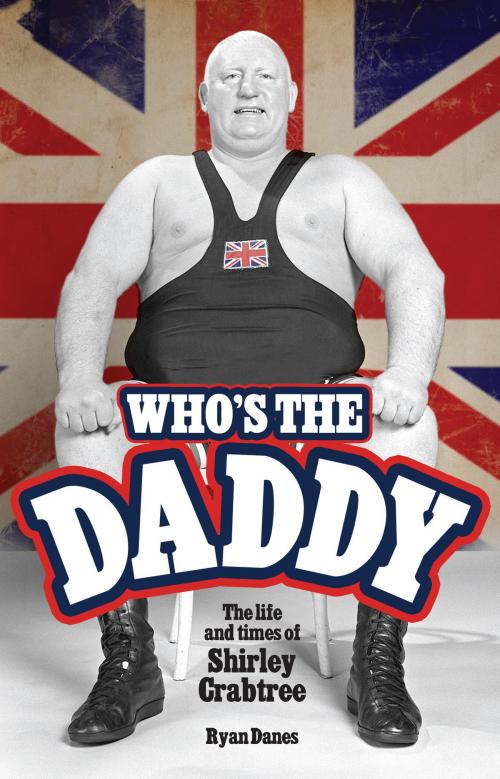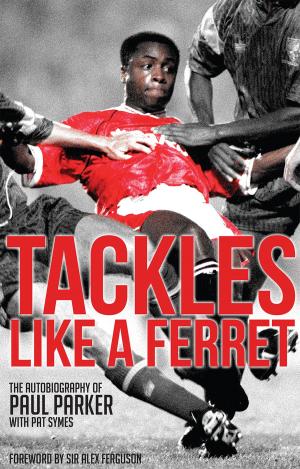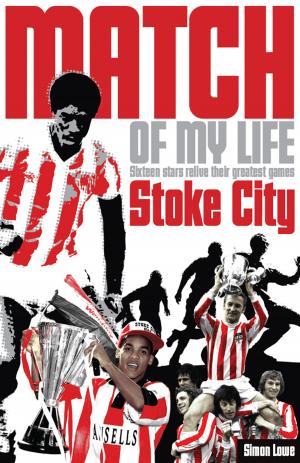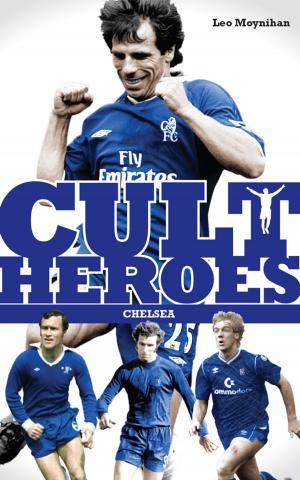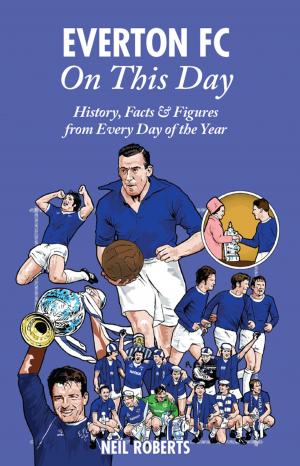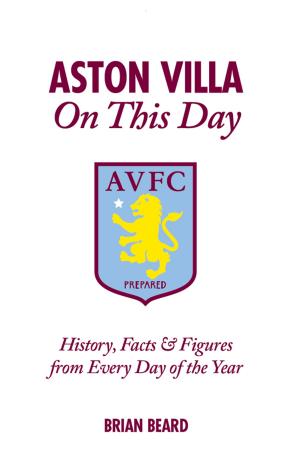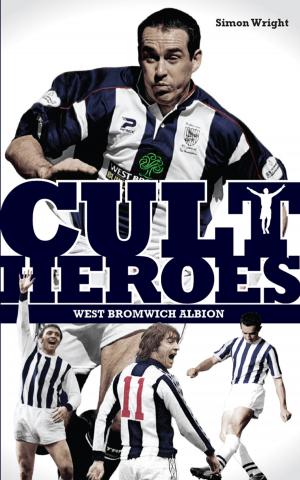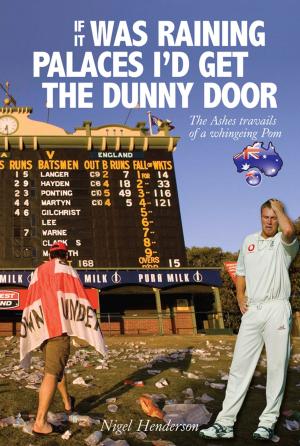Who's The Daddy
The life and times of Shirley Crabtree
Nonfiction, Sports, Individual Sports, Wrestling, Biography & Memoir| Author: | Ryan Danes | ISBN: | 9781909626058 |
| Publisher: | Pitch Publishing (Brighton) Ltd | Publication: | July 30, 2013 |
| Imprint: | Pitch Publishing (Brighton) Ltd | Language: | English |
| Author: | Ryan Danes |
| ISBN: | 9781909626058 |
| Publisher: | Pitch Publishing (Brighton) Ltd |
| Publication: | July 30, 2013 |
| Imprint: | Pitch Publishing (Brighton) Ltd |
| Language: | English |
As wrestling superstar 'Big Daddy', Shirley Crabtree became a larger-than-life national icon in the 1970s, even if the fights themselves were a bit dodgy. These were the halcyon days of televised wrestling in Britain, an innocent age when men in leotards were still allowed out in public - and surely there was no way the wrestling was fixed? Touching 55 when fame finally arrived, the 'People's Champion' was never allowed to be beaten, which angered some; but Daddy put most bums on seats. At the height of his popularity, he appeared in comics and on records; his 1981 Wembley contest against Giant Haystacks attracted a TV audience of 18 million. However, it wasn't all glittery capes and national anthems: when the lights went down, Shirley's life was tinged with tragedy. Only those closest to Big Daddy saw him struggle on in the ring after a stroke to the age of 63.
As wrestling superstar 'Big Daddy', Shirley Crabtree became a larger-than-life national icon in the 1970s, even if the fights themselves were a bit dodgy. These were the halcyon days of televised wrestling in Britain, an innocent age when men in leotards were still allowed out in public - and surely there was no way the wrestling was fixed? Touching 55 when fame finally arrived, the 'People's Champion' was never allowed to be beaten, which angered some; but Daddy put most bums on seats. At the height of his popularity, he appeared in comics and on records; his 1981 Wembley contest against Giant Haystacks attracted a TV audience of 18 million. However, it wasn't all glittery capes and national anthems: when the lights went down, Shirley's life was tinged with tragedy. Only those closest to Big Daddy saw him struggle on in the ring after a stroke to the age of 63.
